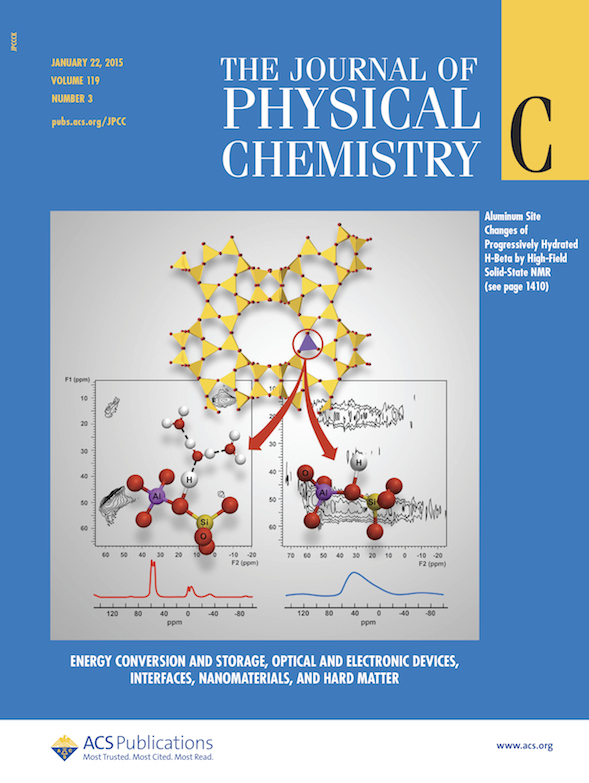
The body of physics developed up to about the turn of the 20th century, known as classical physics, can largely account for the motions of macroscopic objects that move slowly with respect to the speed of light and for such phenomena as heat, sound, electricity, magnetism, and light. Although a completely unified theory of physical phenomena has not yet been achieved (and possibly never will be), a remarkably small set of fundamental physical laws appears able to account for all known phenomena. This ambitious goal has been realized to a notable extent.

The ultimate aim of physics is to find a unified set of laws governing matter, motion, and energy at small (microscopic) subatomic distances, at the human (macroscopic) scale of everyday life, and out to the largest distances (e.g., those on the extragalactic scale). However, a law is always subject to modification, replacement, or restriction to a more limited domain, if a later experiment makes it necessary. A theory that reliably predicts the results of experiments to which it is applicable is said to embody a law of physics. Physical experiments result in measurements, which are compared with the outcome predicted by theory. Its laws are typically expressed with economy and precision in the language of mathematics.īoth experiment, the observation of phenomena under conditions that are controlled as precisely as possible, and theory, the formulation of a unified conceptual framework, play essential and complementary roles in the advancement of physics. Physics can, at base, be defined as the science of matter, motion, and energy. Physics plays an important role in all the natural sciences, however, and all such fields have branches in which physical laws and measurements receive special emphasis, bearing such names as astrophysics, geophysics, biophysics, and even psychophysics. As the modern sciences developed and became increasingly specialized, physics came to denote that part of physical science not included in astronomy, chemistry, geology, and engineering. Until rather recent times physics and natural philosophy were used interchangeably for the science whose aim is the discovery and formulation of the fundamental laws of nature. Its ultimate objective is the formulation of a few comprehensive principles that bring together and explain all such disparate phenomena. Its scope of study encompasses not only the behaviour of objects under the action of given forces but also the nature and origin of gravitational, electromagnetic, and nuclear force fields. In the broadest sense, physics (from the Greek physikos) is concerned with all aspects of nature on both the macroscopic and submicroscopic levels. Physics, science that deals with the structure of matter and the interactions between the fundamental constituents of the observable universe.

100 Women Britannica celebrates the centennial of the Nineteenth Amendment, highlighting suffragists and history-making politicians.

#Physics science article how to
COVID-19 Portal While this global health crisis continues to evolve, it can be useful to look to past pandemics to better understand how to respond today.Student Portal Britannica is the ultimate student resource for key school subjects like history, government, literature, and more.This Time in History In these videos, find out what happened this month (or any month!) in history.#WTFact Videos In #WTFact Britannica shares some of the most bizarre facts we can find.Demystified Videos In Demystified, Britannica has all the answers to your burning questions.Britannica Explains In these videos, Britannica explains a variety of topics and answers frequently asked questions.Britannica Classics Check out these retro videos from Encyclopedia Britannica’s archives.


 0 kommentar(er)
0 kommentar(er)
